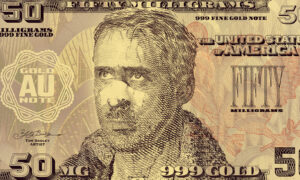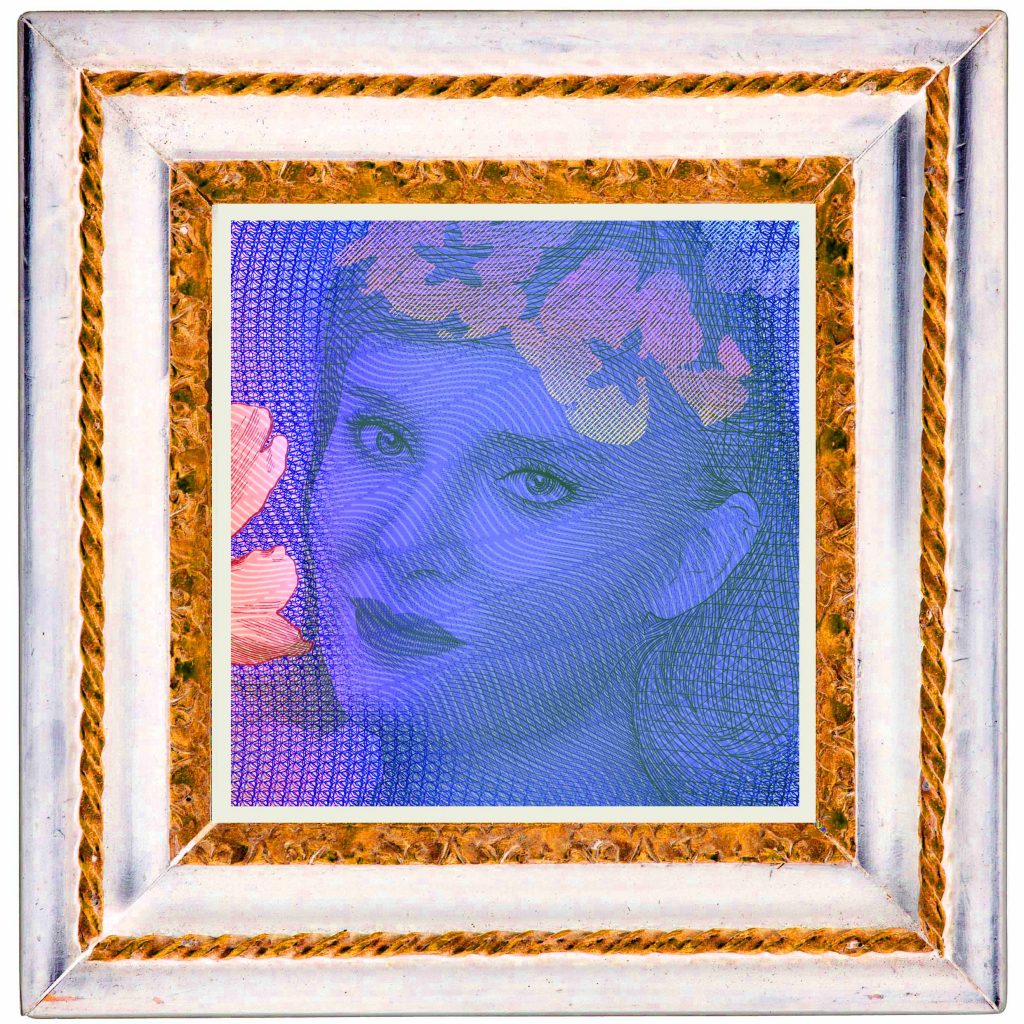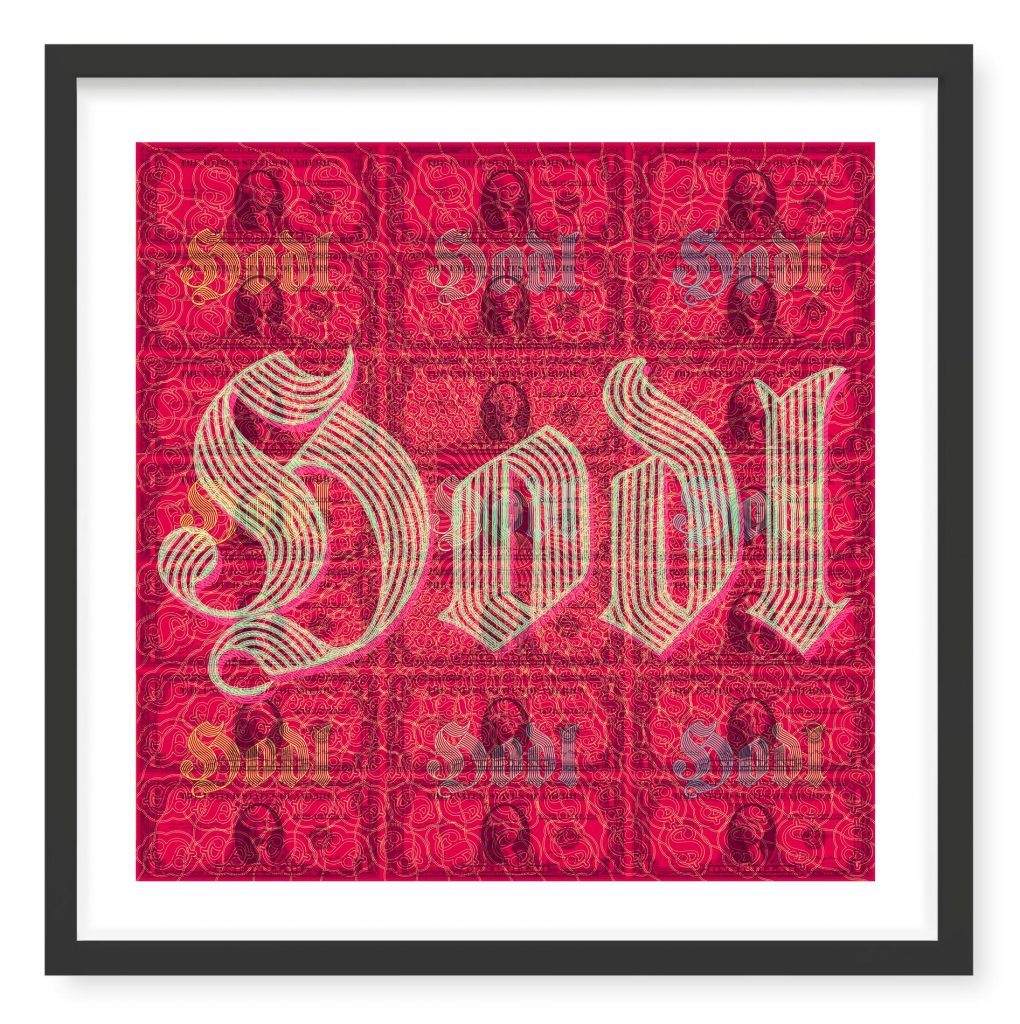I think America needs an honest discourse with itself; this is the greatest country in the world, by default. But we could actually be the greatest country that ever existed, if we were just honest about who we are and what we are and where we want to go
Dave Chappelle, comedian
Im not the first to propose new designs for the American Dollar. Redesigning the USD notes is a popular concept amongst currency enthusiasts. Im guessing its because the notes are__for a country of the developed world__stubbornly conservative. The $1 bills design is iconic, not only because it is longstanding, but because it refuses to change in spite of all the technological and societal advancements of the last 80 years. The $1 bill is one of the few circulating touchstones to an era that is so distant, to the point of being mythological. Altering the $1 bill design would be an admission that the world will never return to austere, good old days; where men were men and woman were women, everyone had a charismatic glint in their eyes as they gazed upon the camera lens; merry policemen at the milkshake bar; dollar hamburgers; Marilyn Monroe; Norman Rockwell etc. etc.
Yes the change of design to the $1 bill would signify an undeniable moment of maturity in Americas self-awareness. And given that the $1 bills iconography is global in its reach, a change to the $1 bills design may also signify a shift in humanitys self-awareness.
These designs are from the year 2028. In that future, America has experienced the final revolution of its lifecycle. After the American Civil War 2.0, the country is renamed the Union of American Republics, and is made up of 5 main administrative regions. The money is issued by the treasury, which has moved to the building of the Joslyn Museum in Omaha, Nebraska. The Joslyn building was chosen as an appropriate location for the UAR Treasury for Omahas relative safety from environmental impacts. The museum makes a suitable setting, with its imposing Art Deco structure combined with Native American styling.
There was a fundamental divide in the American psyche that was bound for conflict. This was not a divide between Republican and Democrat, per se, (although it is commonly agreed by historians that the trigger for the conflict was the failed elections of 2016)
Nor is it encapsulated by many of the other divisions in American society__racial divides, divisions in age or gender etc. In fact, the irreconcilable divide in the American psyche was between Liberal Internationalist Ideology, on the one hand, and Libertarianism, Individualism, and Preservation, on the other. These two irreconcilable mindsets were instilled in Americas inception; these two mindsets have both contributed equally to Americas function in the world, yet they represent two contradictory ideologies that are too far from each other to co-exist: all things come to a head. All movements and trends reach their extreme before quickly reversing. It was inevitable that the American psyche would be resolved, at some point, by the final American Civil War.
The Internationalist, Statist and Liberal worldview sees government as the protector; the top of the pyramid. And as such, the top-down everyday application of liberal government__Political Correctness__is irreproachable, and is applied without exception, in the pursuit of equality and social justice__the original ideals of Liberalism. Internationalism grew out of Americas beginnings, from the first pioneers to arrive to a new continent; Americas self-perception was implicated in a global worldview.
By contrast, American Libertarianism is borne of conflict with government, and the subsequent need for checks and balances. The ever-present threat of government instills negative obligations in the American Constitution and other founding documents__what government canNOT do__and encourages the preservation of liberties and obligations in the people.
After sporadic armed conflicts, injustice and violent debate, the civil war is resolved when both sides understand they share a common enemy. At that moment, ideologies are dissolved by an all-encompassing desire for self-development and self-actualization. American society becomes invigorated by a new sincerity.
The USA split into various regions, and was re-named The Union of North American Republics, or the UAR for short (although the currency retained its name of the US Dollar). The Constitution was re-installed, and the presidency became a consortium of 10 elected candidates.
The new US Dollar features Salish and Native American eagle designs, and the US flag, subtly in the background. The font is without gender, yet bold. The designs reflect the revival__the revival of tradition, ritual, what is essential; spirituality, nature, and community
The design reflects a society that, through conflict, has found re-birth through Return__what Terrance McKenna called The Archaic Revival. There is no more cult of personality__in a single US president, past or future. There is no more reliance on government__the only rule is self-responsibility. The tables turn__the Far East is the new embodiment of mercantilism and materialism as the old United States once was; The Union of North American Republics is the new worlds spiritual axis; a land of clean energy, alternative medicine, personal spirituality, healing, introspection and sincerity.
Due to societal and geological changes, the Salish and Native American cultures emerged as locus points for Americas new identity. Thus, they are honoured in these designs.
The notes feature text in 3-color intaglio, with the Union Treasury logo in green. The notes are all printed in 5 offset plates. The $100 features silk-screened magnetic ink. Other features pictured here include micro-texts, anti-scan patterns, numbering, thread and watermark.












